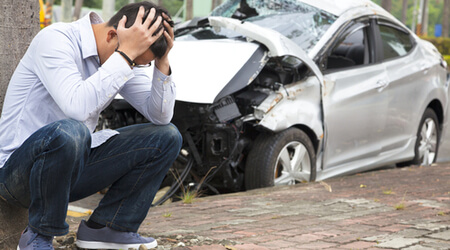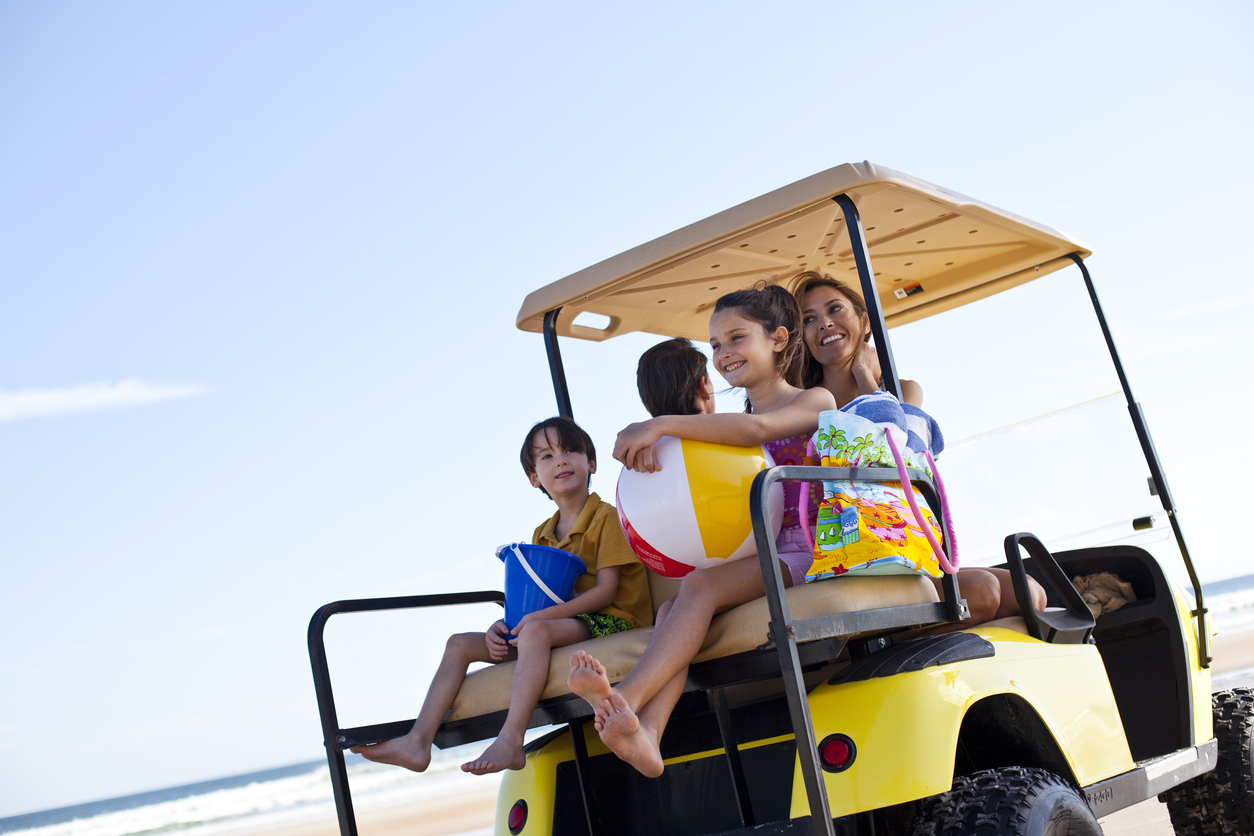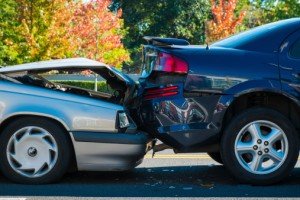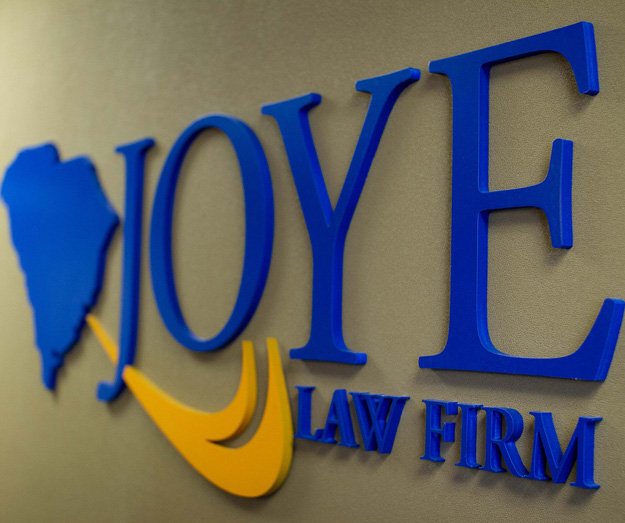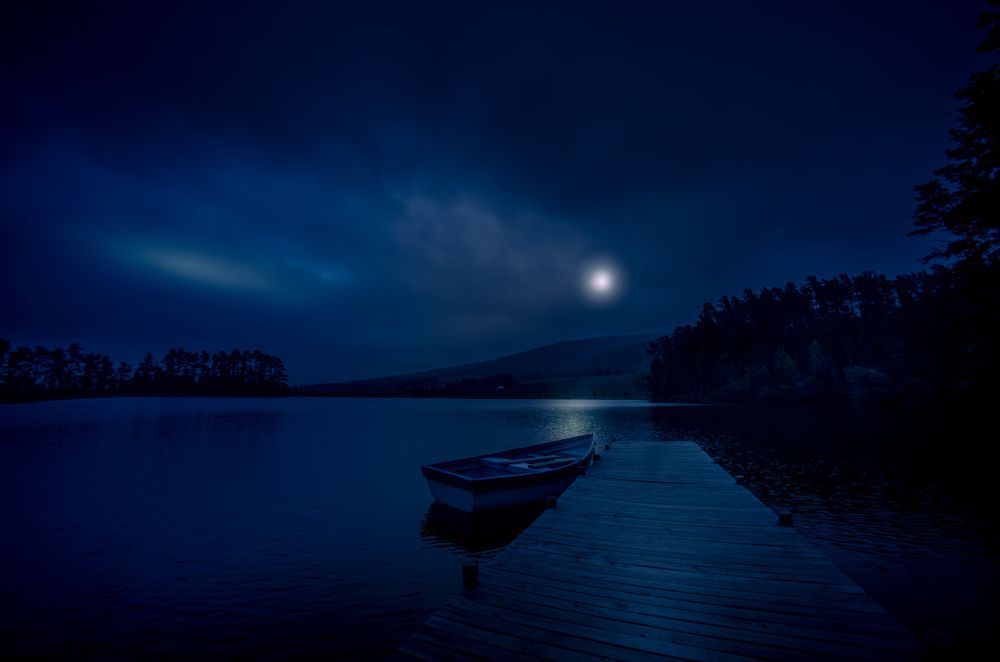
Boating is popular in South Carolina, with 1 out of every 16 residents in the Palmetto State owning a watercraft. With 2,876 miles of tidal coastline and an endless number of inland water bodies, many South Carolinians spend a lot of time on the water. South Carolina’s weather patterns also allow for year-round boating, even into winter.
While it can be tempting to get out on the water during our state’s mild winters, it also gets darker earlier than usual during this time of the year, reducing your visibility. Read on to learn what you need to know before boating after dark and how the boating accident attorneys at Joye Law Firm can help if you’re involved in a boating accident.
Dangers of Boating After Dark
Operating a boat during nighttime is different from operating a boat during the day when the sun is out. Darkness increases the risk of a boating accident for watercraft operators due to reduced visibility and difficulty navigating without light.
According to the United States Coast Guard, visibility is the biggest factor affecting nighttime accidents. In 2023, there were 595 nighttime boating accidents resulting in 374 injuries and 104 fatalities nationwide.
Additional reasons for increased nighttime boating accidents include boaters’ failure to detect other nearby vessels and alcohol use while operating a boat, which can lower reaction time and increase reckless behavior.
Boat Operator Responsibilities in South Carolina
When operating your boat during the nighttime hours, you must do so responsibly. Taking legally required safety measures can minimize your chances of being involved in a boating accident.
However, you can only control the actions of yourself and the people on your boat; sometimes, another irresponsible boater can cause an accident. If you’ve been involved in a boating accident due to someone else’s negligence, call Joye Law Firm to maximize your chances of getting compensation for your injuries and other damages.
The South Carolina State Code, Title 50 – Fish, Game, and Watercraft state the key responsibilities of boat operators in South Carolina. Essential regulations include:
Section 50-21-90: Boating Safety and Education Program
The South Carolina State Code established a Boating Safety and Educational Program. This free course allows boaters to learn the fundamentals of safe and responsible boating. It is only required by law for boaters under 16, but it is recommended that all boaters complete the course.
Section 50-21-110 and 50-21-111: Negligent and Reckless Operation
Section 50-21-110 of the South Carolina state code defines negligence in the context of boating to include operating a boat above idle in a no-wake zone, failing to have a lookout, and operating a boat at an unsafe speed, among others.
Section 50-21-111 details the definition of reckless watercraft operation, which is a more significant offense than negligent operation. Examples include unsafely navigating vessel traffic above an idle speed, jumping the wake of another vessel within 200 feet, and maintaining a collision course with another vessel, among others.
Section 50-21-112 and Section 50-21-113: Operating Under the Influence
Both 50-21-112 and 50-21-113 state that it is unlawful for boaters to operate watercraft under the influence of alcohol or drugs. If a boater violates this section and causes property damage or injury to another boater, the at-fault boater could receive up to three years in jail.
Tips for Boating in the Dark
Beyond the laws and regulations outlined in the South Carolina state code, drivers should always operate their boats safely to minimize the chances of an accident, particularly if operating at night. Some tips for safe boating at night include:
Mind Your Speed
Since nighttime boating is linked with reduced visibility, it is vital to maintain a safe speed. Boating at unsafe speeds is not only a violation of South Carolina law, but it also puts you and fellow boaters at significant risk of a collision. According to the U.S. Coast Guard, 298 boating accidents in 2021 were caused by excessive speeding, causing 281 injuries and 23 deaths.
Use Navigation Lights
During nighttime hours, boat operators are required to use navigation lights. The Code of Federal Regulations states each vessel must have duplicate light sources on the side, masthead, and stern.
Be Prepared with Supplies
If you’re boating at night, you need to be prepared with supplies to avoid accidents or be able to signal for help in the event of an accident or if you become stranded. Some basic supplies include:
- A cellphone or satellite phone
- VHF radio
- Anchor and anchoring equipment
- GPS or Chartplotter
- Flares
- Binoculars
- A sound-signaling device
- Glowsticks
- A warm jacket
- Lifejackets
Keep the Noise Down
Low visibility means you may need to rely on the sound of nearby boats to identify them. Avoid playing loud music or engaging in loud conversation, which can mask the sounds of nearby boats.
Always Have a Lookout
All boats need a dedicated spotter responsible for detecting obstacles and other boats. This is particularly vital at night when visibility is at its lowest. A spotter helps to see objects on the water or to the sides of the boat that the person piloting the boat might not see because they are focused on the front of the boat.
Avoid Bright White Lights on Board
Having bright white lights on board a boat can reduce visibility out on dark water. Even flashlights may affect night vision. Instead, keep the lights dim and use an alternative color, such as orange, to reduce the adverse effects on vision.
Contact Joye Law Firm for a Free Consultation
Every boater is required to use reasonable caution to prevent a collision. However, some boaters fail to do so, causing injury and property damage.
Call Joye Law Firm immediately if you were injured in a boating accident. As your attorneys, we will work to prove that the other boater violated safety laws and that you are owed compensation for your injuries. Contact us for a free consultation if you are involved in a boating accident due to someone else’s negligence.




